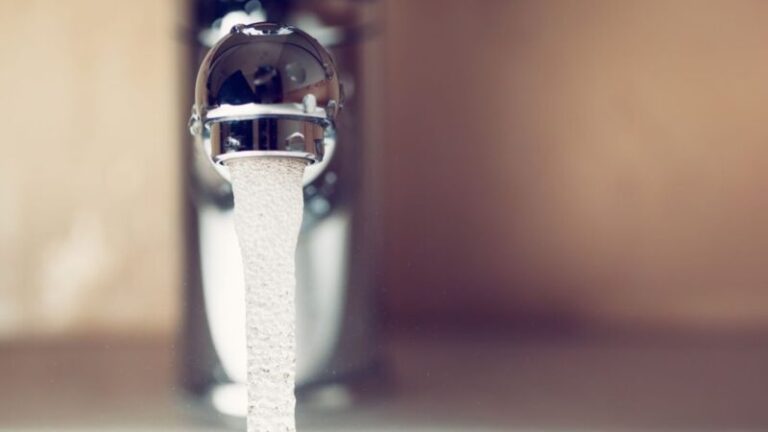The Maa Dialna platform reveals that the annual drinking water needs of major Moroccan cities exceed 1.7 billion cubic meters. Casablanca, the Kingdom’s main economic metropolis, stands out with a consumption of over 207 million cubic meters per year, closely followed by Tangier (71.3 million) and Marrakech (70 million). This high demand occurs in the context of persistent drought, prompting the Ministry of Equipment and Water, supported by royal directives, to accelerate investments to secure water supply.
To address the growing pressure, ambitious projects have emerged, such as the connection between the Sebou and Bouregreg basins, ensuring the supply of the Rabat-Casablanca corridor. In Rabat, needs amount to 45.2 million cubic meters, while neighboring Salé requires 42 million, needs covered by this same project.
Marrakech, a popular tourist destination, primarily sources its water from the Tensift and Oum Er-Rbia dams. Fès, for its part, relies on the Idriss I dam, reinforced by recent boreholes allowing a flow of 2,000 liters per second.
In the north, the Tangier-Tétouan region draws its water from the Loukkos basin dams. Tétouan consumes more than 40 million cubic meters, and Al Hoceima, over 4 million. Agadir, heavily affected by drought, has managed to meet its demand of 50 million cubic meters thanks to a desalination plant.
Other cities like Meknès (41 million cubic meters) and Oujda (30 million) have secured their supply until 2030 through boreholes in the Idriss I dam. El Jadida is supported by a desalination plant in Jorf Lasfar.
Finally, smaller cities, such as Ouarzazate and El Ayoun, manage their needs through emergency measures and adapted infrastructure, such as dams and desalination plants, thus ensuring the continuity of supply despite the drought.


